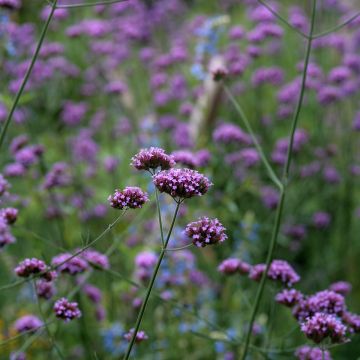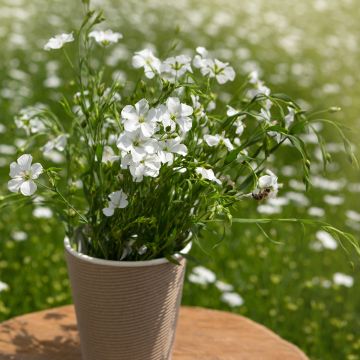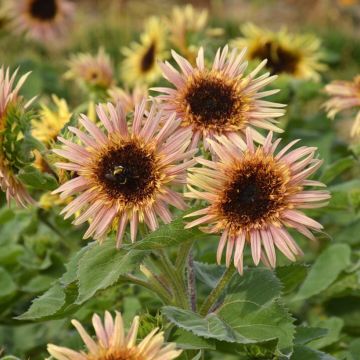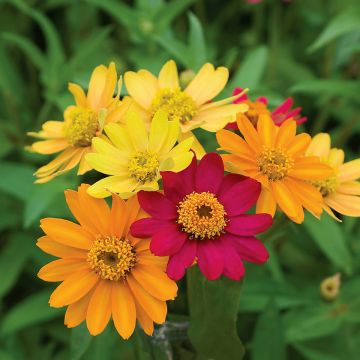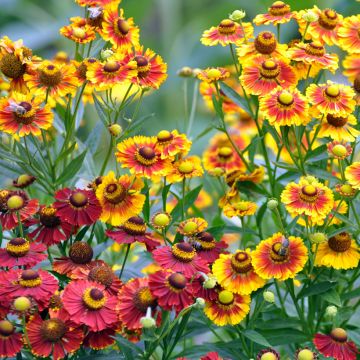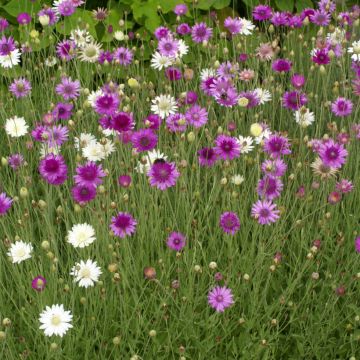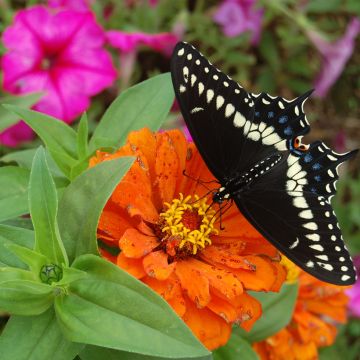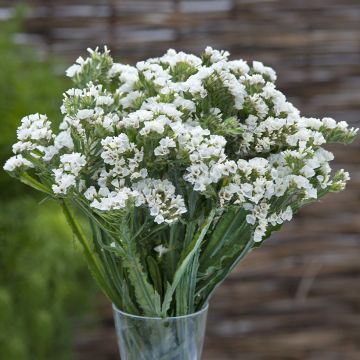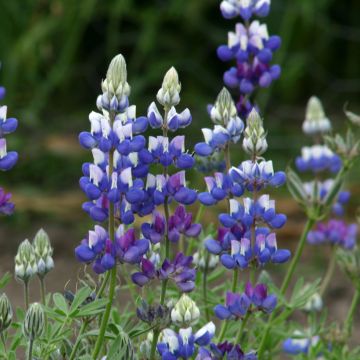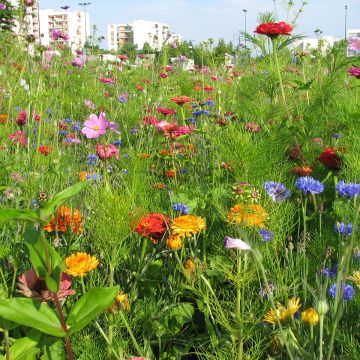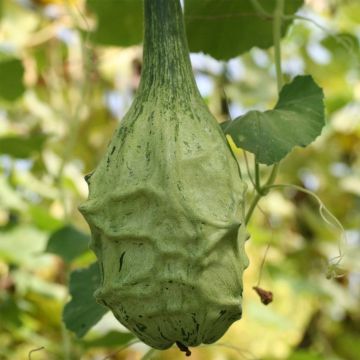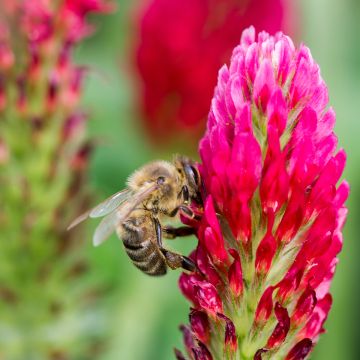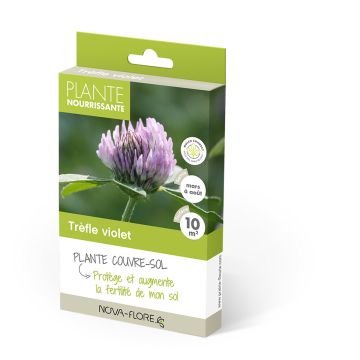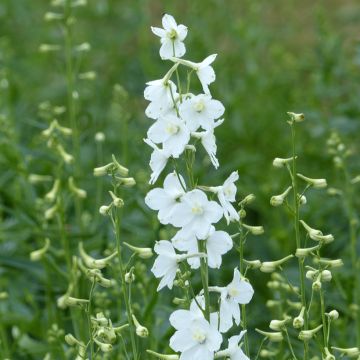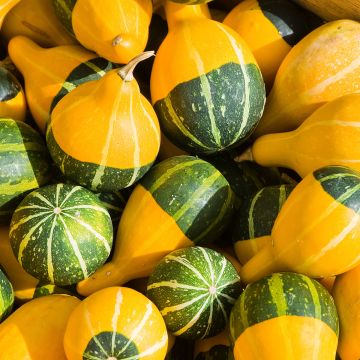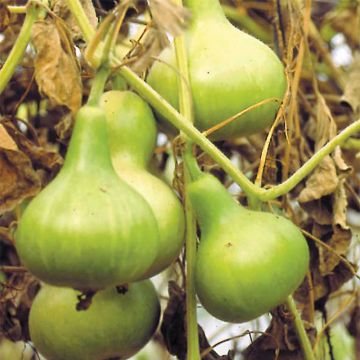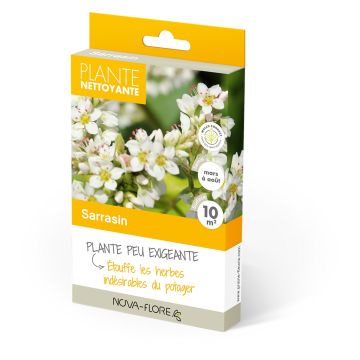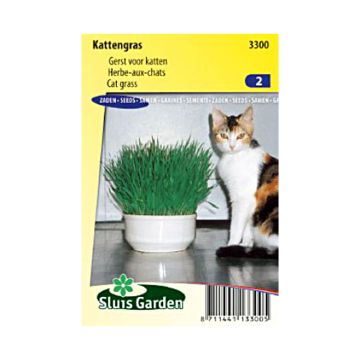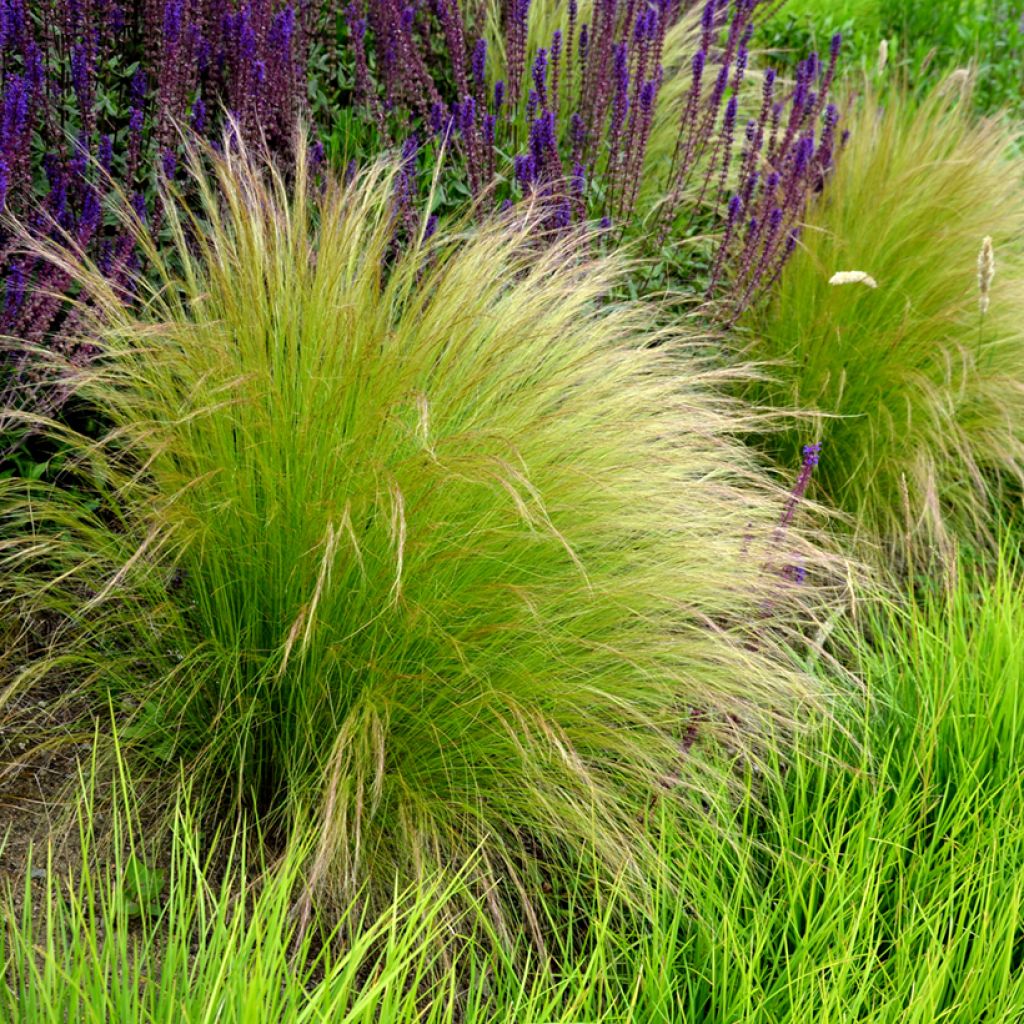

Stipa tenuissima Angel Hair
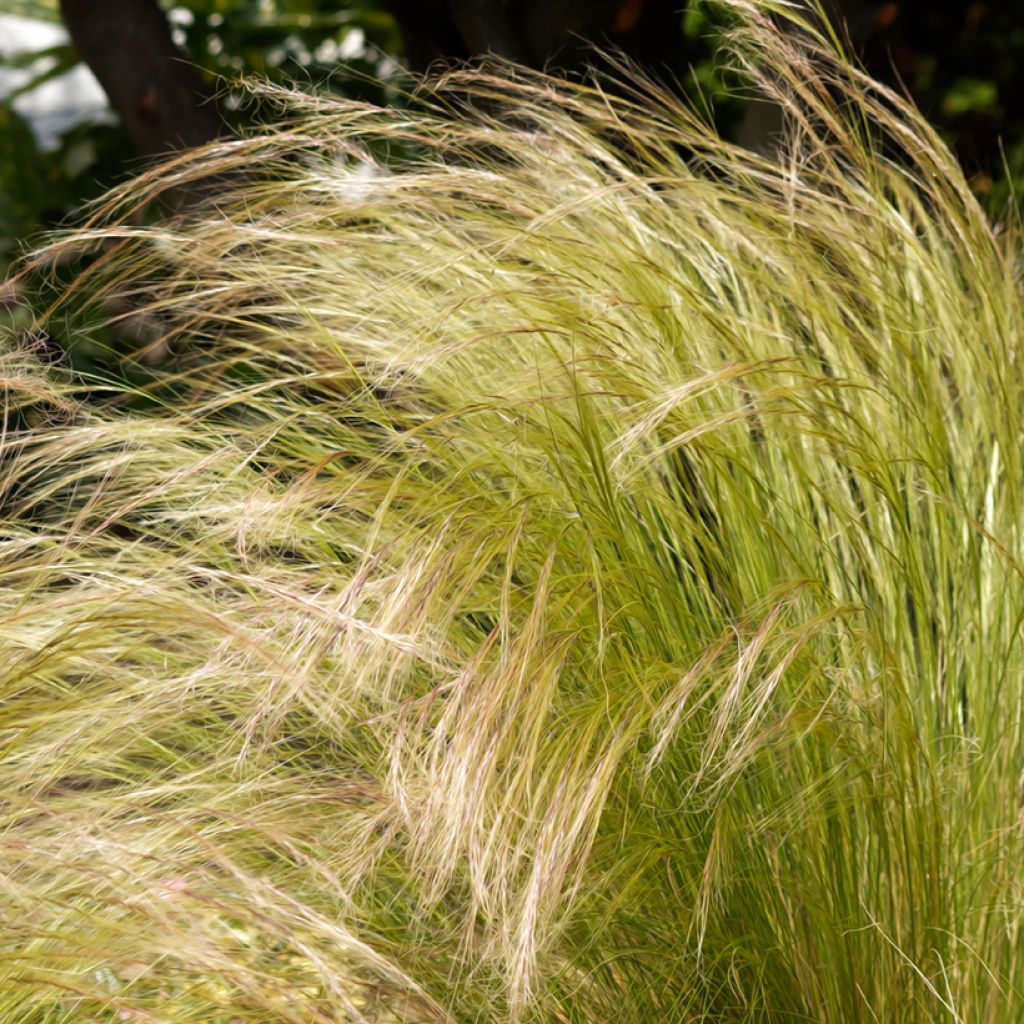

Stipa tenuissima Angel Hair
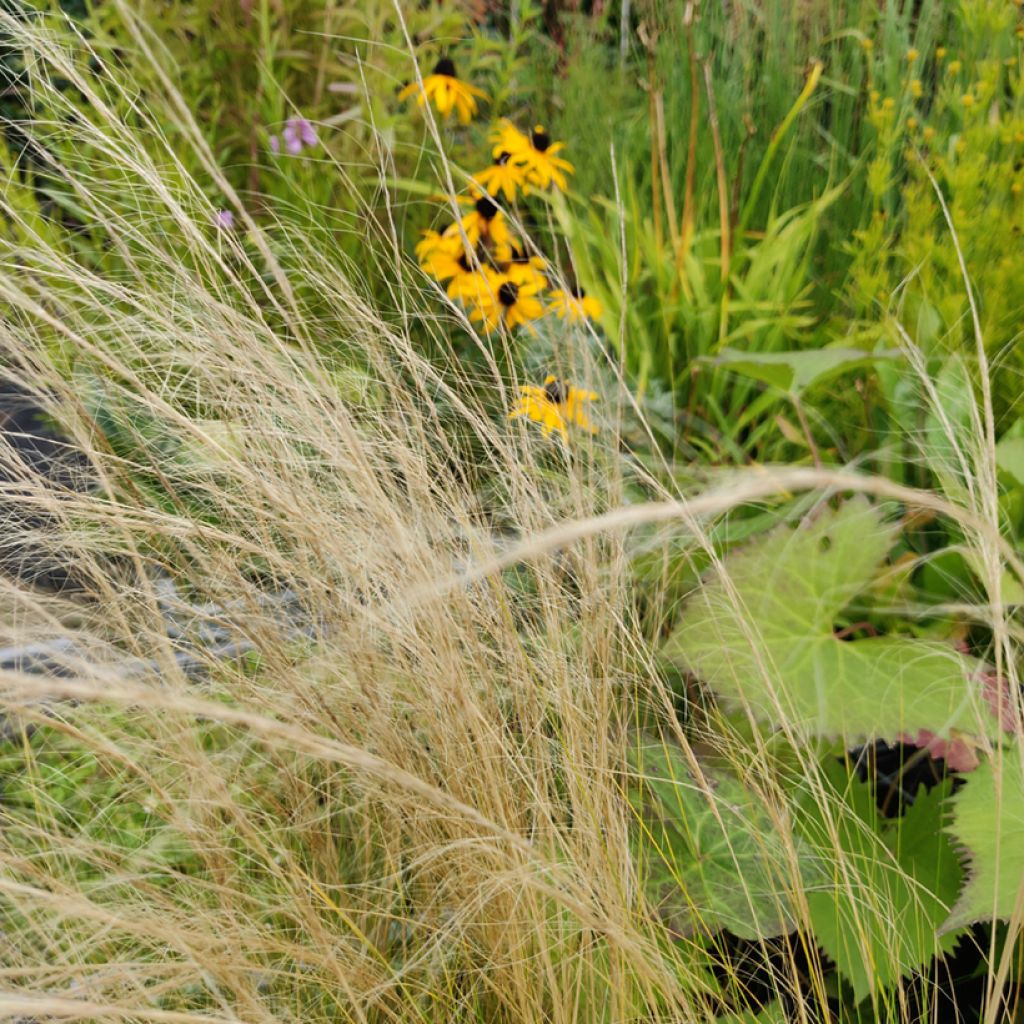

Stipa tenuissima Angel Hair
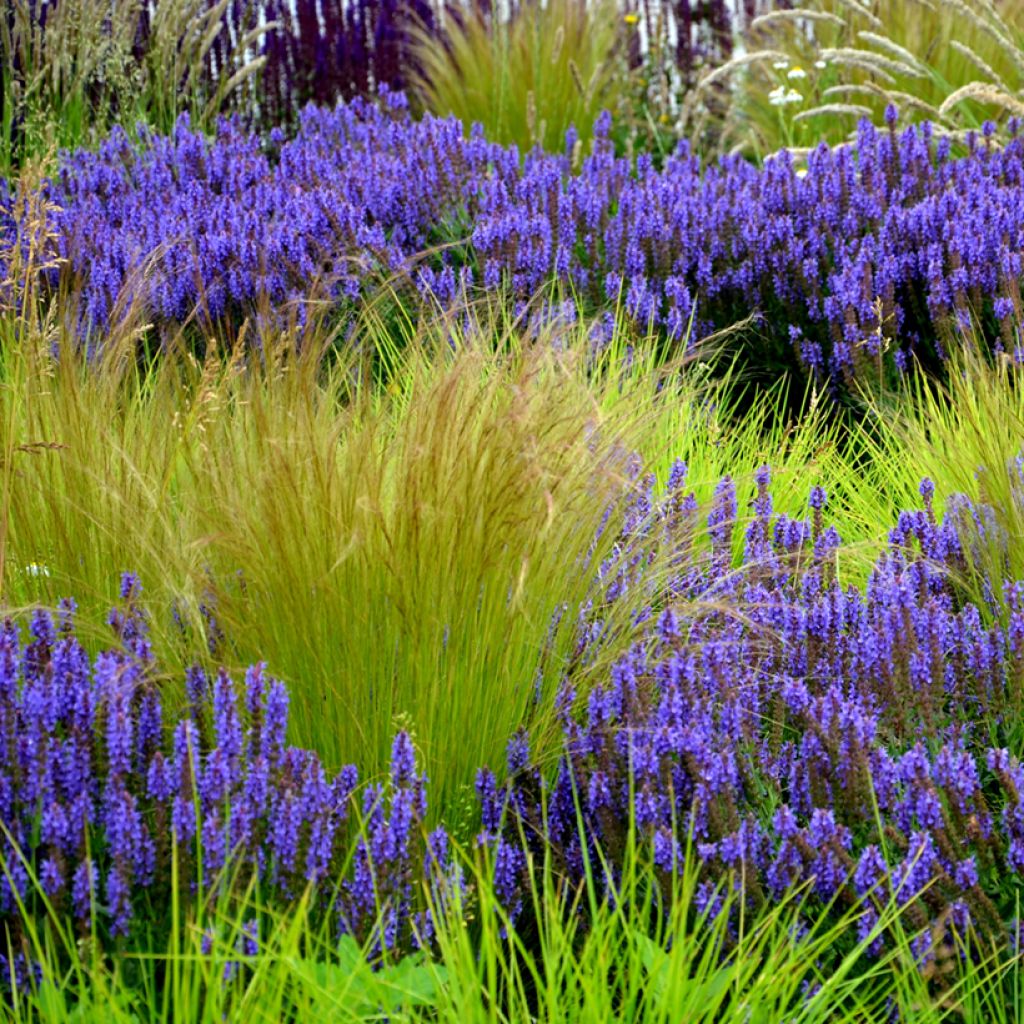

Stipa tenuissima Angel Hair
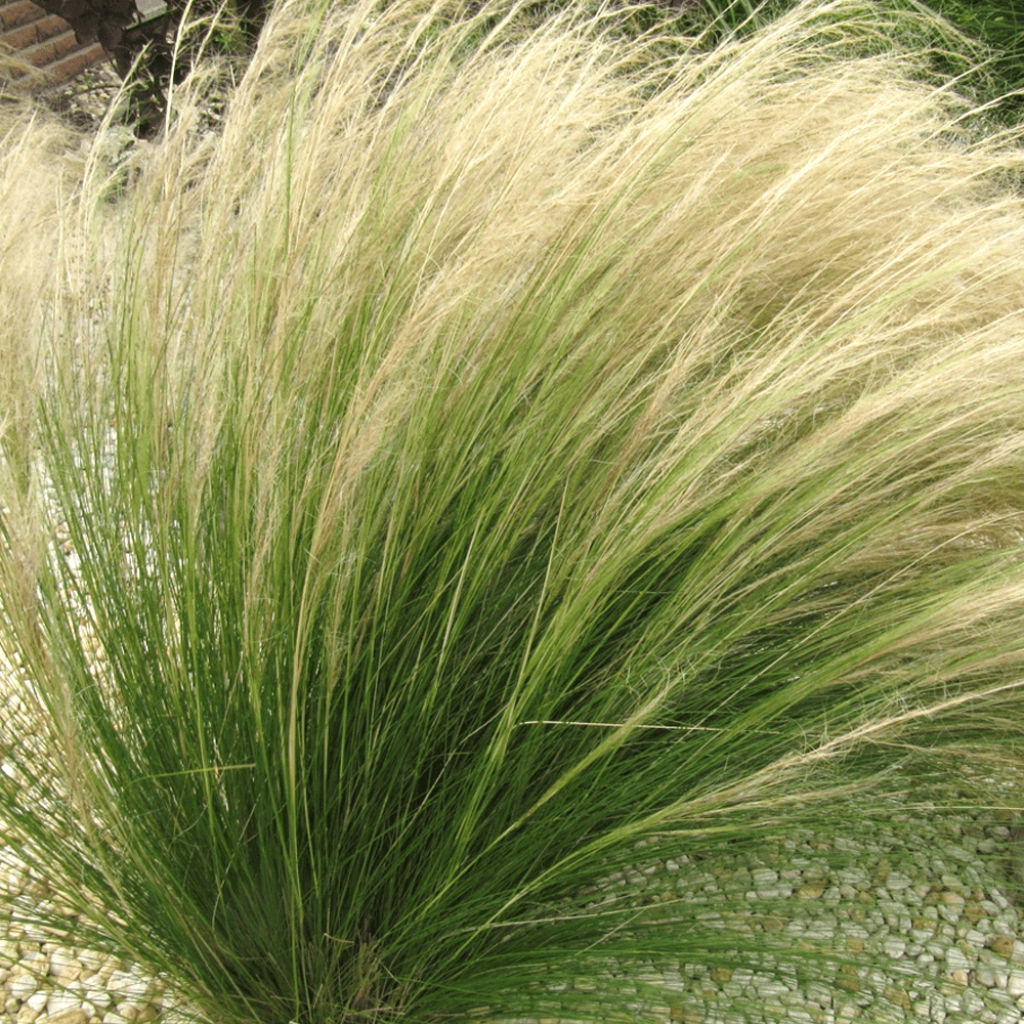

Stipa tenuissima Angel Hair
Stipa tenuissima Angel Hair
Stipa tenuissima Angel Hair
Mexican Feather Grass
This item cannot be shipped to the selected country
Dispatch by letter from €3.90
More information
Dispatch by letter from €3.90
More information
Schedule delivery date,
and select date in basket
This plant carries a 6 months recovery warranty
More information
We guarantee the quality of our plants for a full growing cycle, and will replace at our expense any plant that fails to recover under normal climatic and planting conditions.
Seed-only orders are dispatched by sealed envelope. The delivery charge for seed-only orders is €3.90.
Does this plant fit my garden?
Set up your Plantfit profile →
Description
Wild garden enthusiasts are familiar with Stipa tenuissima, also known as Nassella tenuissima. Its common name is angel hair. This grass forms a handful of tangled hairs, then it grows and expands in two seasons, becoming an incredible fountain with fresh green leaves that ripple at the slightest breeze, before transforming in summer into silky, blonde, and light tufts. The wind carves waves in it, while the sun drowns it in light. A wonderful perennial, impervious to difficult conditions and clinging to poor, dry soils. It will find its place in all gardens, from the wildest to the most romantic, blending very well in a contemporary style. A must-have, which often self-seeds in the most unexpected areas and grows very well in pots.
Stipa tenuissima is a short-lived herbaceous perennial belonging to the Poaceae family, like many grasses. It is native to Central America, from Argentina to Mexico, and extends up to Texas. This plant grows in small clumps of very fine cylindrical and linear leaves in a beautiful spring green colour, fanning out like a fountain. As an adult, it will measure 40 to 50cm (16 to 20in) in all directions two years after sowing. The foliage is evergreen. In summer, long inflorescences appear in soft and silky pale blonde spikes, turning golden then bronze in autumn, slightly curved towards the ground. The seeds form at the end of summer on the spikes and clump together in the plant, forming a somewhat rough mass like a handful of horsehair or tow (Stipa comes from the Greek word stipê, which means tow). They are dispersed by the wind and ensure the species' longevity, in the garden and in nature.
Hardy down to -15°C (5°F) in well-drained soil, Stipa tenuissima is perfect for dry gardens and areas where the soil is poor, sandy, or rocky. This grass is appreciated for the extreme softness of its silky tufts and its decorative aspect for a good part of the year. It accompanies flowering and light perennials, such as linarias, penstemons, field daisies, Aster cordifolius, scabious, as well as annual poppies and damask nigellas. The dark foliage of Pittosporum tenuifolium 'Tom Thumb', Cotinus 'Royal Purple', or Physocarpus 'Diabolo' in cooler soil will bring out its blonde plumes. Plant it in a place where you can touch it. Along a pathway, along a patio, or in a large pot, grouping several plants. Choose a location illuminated by the sun in the late afternoon: a border of Stipa tenuissima swept by the wind and crossed by twilight always offers a fascinating spectacle.
Stipa tenuissima Angel Hair in pictures


Flowering
Foliage
Plant habit
Botanical data
Stipa
tenuissima
Angel Hair
Poaceae
Mexican Feather Grass
Central America
Other Flower seeds A to Z
Planting and care
Sow Stipa tenuissima from February to July in trays or pots filled with good seed compost. Simply cover the seeds with a little compost. Germination can be slow. Place your seeds in a mini-greenhouse or in a heated room at an optimal temperature of 15 to 18°C (59 to 64.4°F) for 2 weeks, then place it in the refrigerator (not the freezer) for 3 to 6 weeks. After refrigeration, return your seeds to 15 to 18°C (59 to 64.4°F). If germination does not occur within 6 to 10 weeks, return your seeds to the refrigerator for an additional 3 to 6 weeks. Regularly check the progress of your seeds and immediately return any seeds showing signs of germination to 15 to 18°C (59 to 64.4°F).
Transplant the young plants when they are large enough to handle. Place them in individual 7.5cm (3in) diameter pots. Acclimatise the young plants to the outdoors before transplanting them, either in the ground or in a pot, maintaining a distance of 45 to 60cm (18 to 24in) between each one.
Another alternative is to sow directly in place in late summer in mild regions if fresh seeds are available: in nature, this is how the plant ensures its propagation. Fresh seeds undergo a cold period during the winter, breaking their dormancy and germinating in spring.
Cultivation:
Plant in full sun, in dry soil, even limestone and poor, and even stony or sandy, but perfectly well-drained. A beautiful plant that thrives easily, without problems and without maintenance. Do not cut back the foliage in winter, simply comb it with your hand.
Sowing period
Intended location
Flower seeds
Haven't found what you were looking for?
Hardiness is the lowest winter temperature a plant can endure without suffering serious damage or even dying. However, hardiness is affected by location (a sheltered area, such as a patio), protection (winter cover) and soil type (hardiness is improved by well-drained soil).

Photo Sharing Terms & Conditions
In order to encourage gardeners to interact and share their experiences, Promesse de fleurs offers various media enabling content to be uploaded onto its Site - in particular via the ‘Photo sharing’ module.
The User agrees to refrain from:
- Posting any content that is illegal, prejudicial, insulting, racist, inciteful to hatred, revisionist, contrary to public decency, that infringes on privacy or on the privacy rights of third parties, in particular the publicity rights of persons and goods, intellectual property rights, or the right to privacy.
- Submitting content on behalf of a third party;
- Impersonate the identity of a third party and/or publish any personal information about a third party;
In general, the User undertakes to refrain from any unethical behaviour.
All Content (in particular text, comments, files, images, photos, videos, creative works, etc.), which may be subject to property or intellectual property rights, image or other private rights, shall remain the property of the User, subject to the limited rights granted by the terms of the licence granted by Promesse de fleurs as stated below. Users are at liberty to publish or not to publish such Content on the Site, notably via the ‘Photo Sharing’ facility, and accept that this Content shall be made public and freely accessible, notably on the Internet.
Users further acknowledge, undertake to have ,and guarantee that they hold all necessary rights and permissions to publish such material on the Site, in particular with regard to the legislation in force pertaining to any privacy, property, intellectual property, image, or contractual rights, or rights of any other nature. By publishing such Content on the Site, Users acknowledge accepting full liability as publishers of the Content within the meaning of the law, and grant Promesse de fleurs, free of charge, an inclusive, worldwide licence for the said Content for the entire duration of its publication, including all reproduction, representation, up/downloading, displaying, performing, transmission, and storage rights.
Users also grant permission for their name to be linked to the Content and accept that this link may not always be made available.
By engaging in posting material, Users consent to their Content becoming automatically accessible on the Internet, in particular on other sites and/or blogs and/or web pages of the Promesse de fleurs site, including in particular social pages and the Promesse de fleurs catalogue.
Users may secure the removal of entrusted content free of charge by issuing a simple request via our contact form.

































